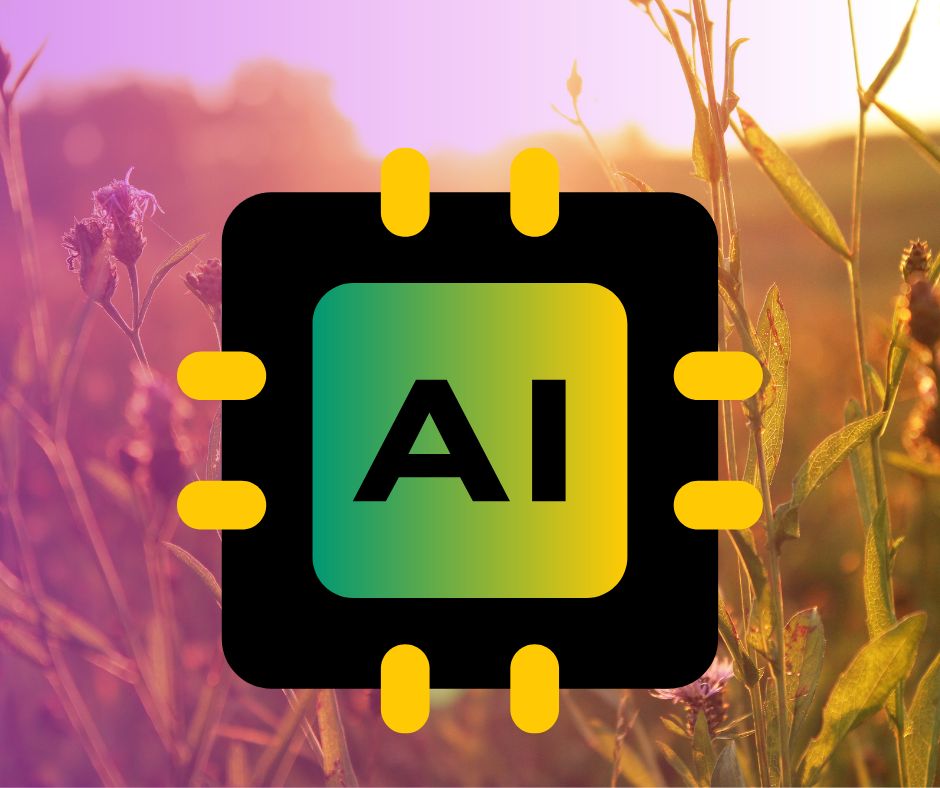Table of Contents
ToggleRevolutionizing Agriculture: The Multifaceted Applications of Artificial Intelligence

The agricultural sector, a cornerstone of human civilization, has experienced a remarkable transformation over the years due to technological advancements. One such game-changer is Artificial Intelligence (AI), which has paved the way for a new era in agriculture. By harnessing the power of AI, farmers and agricultural stakeholders are reaping the benefits of increased efficiency, precision, and sustainability across various aspects of the industry.
Here are the Uses of AI in Agriculture
Precision Farming and Crop Management:
AI-enabled precision agriculture has revolutionized traditional farming practices. Through the deployment of drones, satellites, and sensors, AI helps monitor and analyze fields in real-time. Data on soil moisture, nutrient levels, and plant health are collected, allowing farmers to make informed decisions. AI-driven predictive analytics can forecast disease outbreaks, enabling targeted interventions and minimizing crop losses. Furthermore, smart irrigation systems, guided by AI algorithms, optimize water usage, leading to reduced waste and improved yields.
Crop Monitoring and Disease Detection
Artificial Intelligence aids in the early detection of crop diseases and pest infestations. Machine learning models analyze images and data from various sources, such as cameras and satellites, to identify subtle signs of stress or infection. Farmers can take proactive measures by applying precise amounts of pesticides or deploying biological control methods, thereby reducing the overall use of chemicals and promoting sustainable farming practices.
Automated Harvesting and Sorting
The implementation of robotics and AI in harvesting and sorting processes enhances efficiency and reduces labor costs. AI-powered robots equipped with computer vision technology can pick fruits and vegetables at optimal ripeness, ensuring higher quality produce. Moreover, AI algorithms facilitate the sorting and grading of harvested crops based on size, color, and other characteristics, contributing to better marketability and reduced post-harvest losses.
Supply Chain Optimization
AI-driven analytics optimize supply chains, enabling better management of resources, logistics, and distribution. Predictive models analyze data from various sources, including weather forecasts, transportation patterns, and market demand, to streamline the movement of agricultural products. This leads to reduced wastage, fresher produce for consumers, and improved profitability for farmers.
Livestock Management
Artificial Intelligence enhances livestock farming by monitoring animal behavior, health, and well-being. Wearable sensors and cameras collect data on feeding patterns, activity levels, and disease symptoms. AI algorithms process this data to identify deviations from normal behavior, allowing farmers to intervene promptly. This results in improved animal welfare, optimized feeding strategies, and higher-quality products from healthier animals.
Climate Resilience and Sustainable Practices
AI aids in developing climate-resilient agriculture through accurate climate modeling and risk assessment. By analyzing historical data and climate patterns, AI helps farmers make climate-smart decisions, such as selecting appropriate crop varieties and adjusting planting schedules. Additionally, AI assists in optimizing resource utilization, minimizing environmental impact, and supporting regenerative farming practices.
Market Insights and Decision-Making
AI-powered data analytics provide farmers with valuable market insights and trends. By processing information from global markets, AI algorithms help farmers make informed decisions about which crops to grow, when to sell, and at what price. This empowers farmers to adapt to market dynamics and maximize their profits.
Conclusion
Artificial Intelligence has emerged as a transformative force in modern agriculture, offering innovative solutions to age-old challenges. From precision farming to disease detection, supply chain optimization to climate resilience, AI is reshaping the agricultural landscape. By embracing these technological advancements, farmers and stakeholders are not only enhancing productivity and profitability but also contributing to a more sustainable and food-secure future. As AI continues to evolve, the potential for further innovation in agriculture remains boundless.
